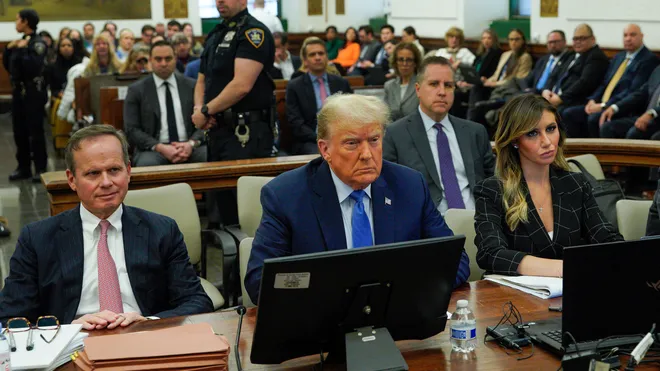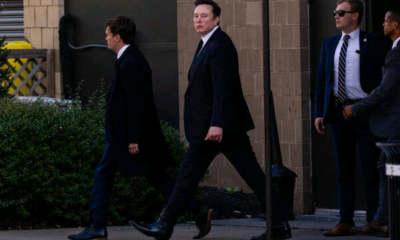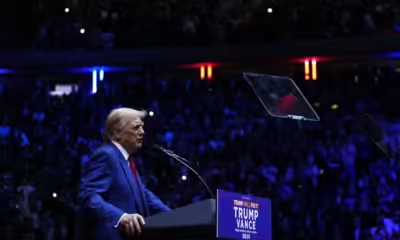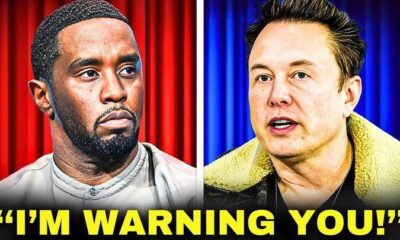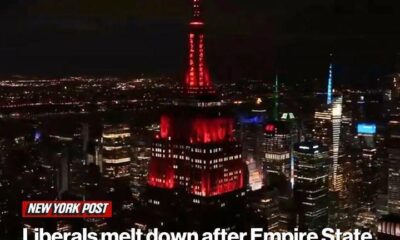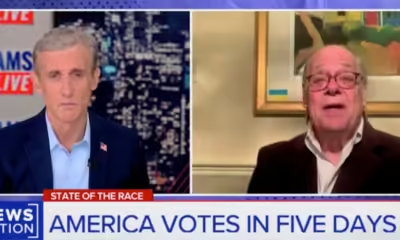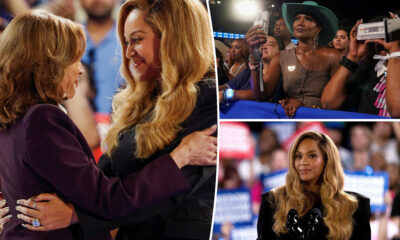CELEBRITY
Activists decry Supreme Court immunity decision as an assault on democracy as U.S. Supreme Court ruling in Donald Trump’s election interference case
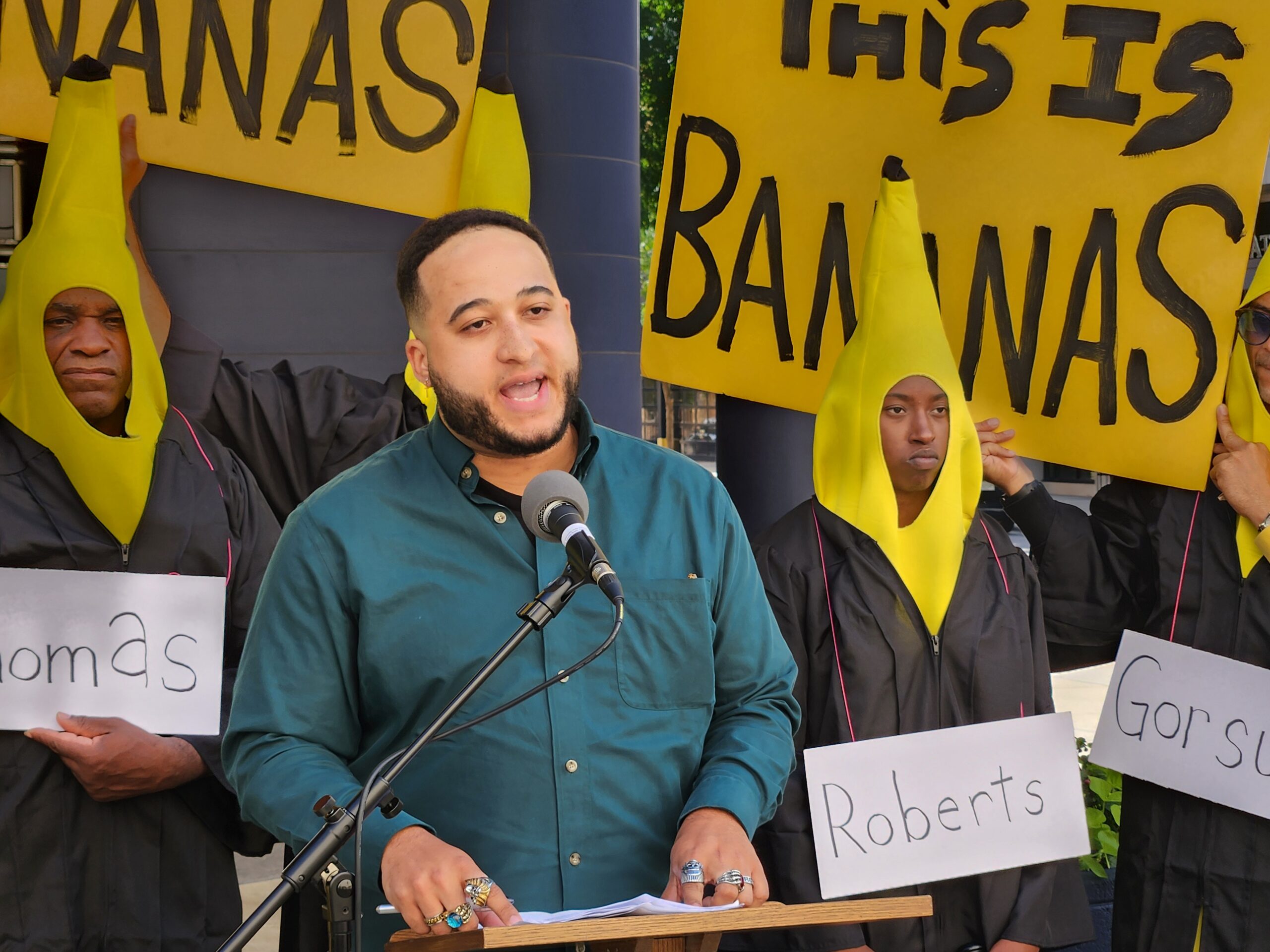
The U.S. Supreme Court ruling in Donald Trump’s election interference case, granting U.S. presidents broad immunity from criminal charges, prompted outrage from pro-democracy activists in Wisconsin Monday.
In the 6-3 opinion, the Court ruled that U.S. presidents enjoy full immunity from criminal charges for their official “core constitutional” acts, and sent back to lower courts a federal case against President Donald Trump on charges connected with the Jan. 6, 2021, attack on the U.S. Capitol.
“Today the U.S. Supreme Court has made it loud and clear that there are certain people within the U.S. — the wealthy, the well-connected, the very powerful — that get to live above the law,” said Nick Ramos, executive director of the Wisconsin Democracy Campaign, at a news conference held outside the federal courthouse in Madison Monday afternoon. “It’s bizarre that because he’s president — well, he was president — that he gets to enjoy certain privileges, certain rights, that everyday folks like us don’t get to enjoy,” Ramos said.
The Court decision, written by Chief Justice John Roberts, said that a president has no immunity for unofficial acts. But it sent back to the trial court the question of whether Trump’s alleged conduct to spread false information about the 2020 election and conspiring to overturn the results was an unofficial act or qualified as official presidential action.
Trump is charged with conspiracy to defraud the United States; conspiracy to obstruct an official proceeding; obstruction of, and attempt to obstruct, an official proceeding; and conspiracy against rights. Trump was indicted in August 2023 on allegations that he knowingly spread falsehoods to his supporters, plotted with co-conspirators to overturn election results in seven states and eventually worked his base into a frenzy that culminated in the violent attack on the Capitol the day Congress was to certify electoral votes.

